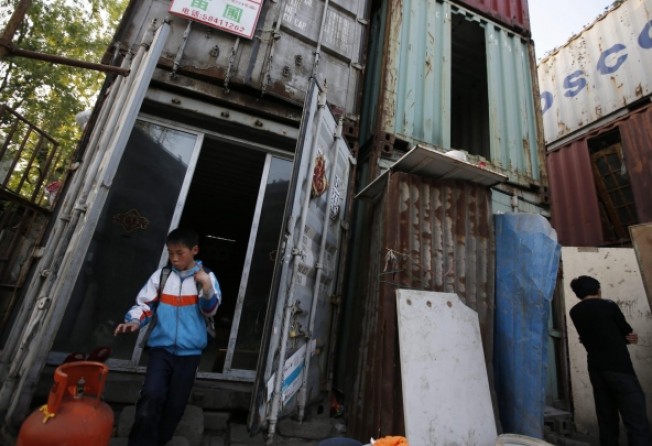
China eases household registration rules
Household registration rules to control the movement of people between rural and city areas will be relaxed to facilitate urbanisation

The mainland will relax hukou (household registration) controls in all small towns and cities as part of moves to accelerate urbanisation, a State Council report delivered to the National People's Congress Standing Committee said this week.

National Development and Reform Commission chairman Xu Shaoshi said the reforms were aimed at facilitating the transfer of people from rural areas to urban ones.
Between 2010 and 2012, more than 25 million people from rural areas had completed urban household registration.
Chen Yue, director of the Institute of Industrial Economics at the Chinese Academy of Social Sciences, said yesterday that a significant percentage of the mainland's population was being urbanised each year.
"The general tendency of China's urbanisation will not slow down," Chen said. "But it is difficult to complete reform of household registration and public services, such as education, public health and social security, in a short time."
While the government has previously indicated it would gradually relax household registrations, beginning with small cities, the State Council blueprint is the first formal announcement that it will relax controls over all small towns and cities.
"It costs more to carry on urbanisation reform in mid-sized and large size cities, as it takes longer to reform and expand the existing public service system," Chen said.
The State Council report also highlights the problems caused by the urbanisation drive.
Many of the 200 million rural dwellers who were included in urban population statistics after they moved to cities did not enjoy the same access to social welfare, including medical care, education and housing, as their urban counterparts and the gap was a threat to social stability, it said.
It added that many cities had built massive squares, highways and industrial zones and wasted a lot of land. Meanwhile, many small cities failed to function efficiently and lacked jobs.
"Many only focus on economic development and ignore environmental protection," it said. "Others focus on building the city and ignore the management of the city … Traffic jams are serious and there are frequent public safety incidents such as those involving food and drug safety." The council vowed to maintain 120 million hectares of farmland to ensure food security.
The hukou system was introduced in 1958 to control the movement of people between rural and urban areas.